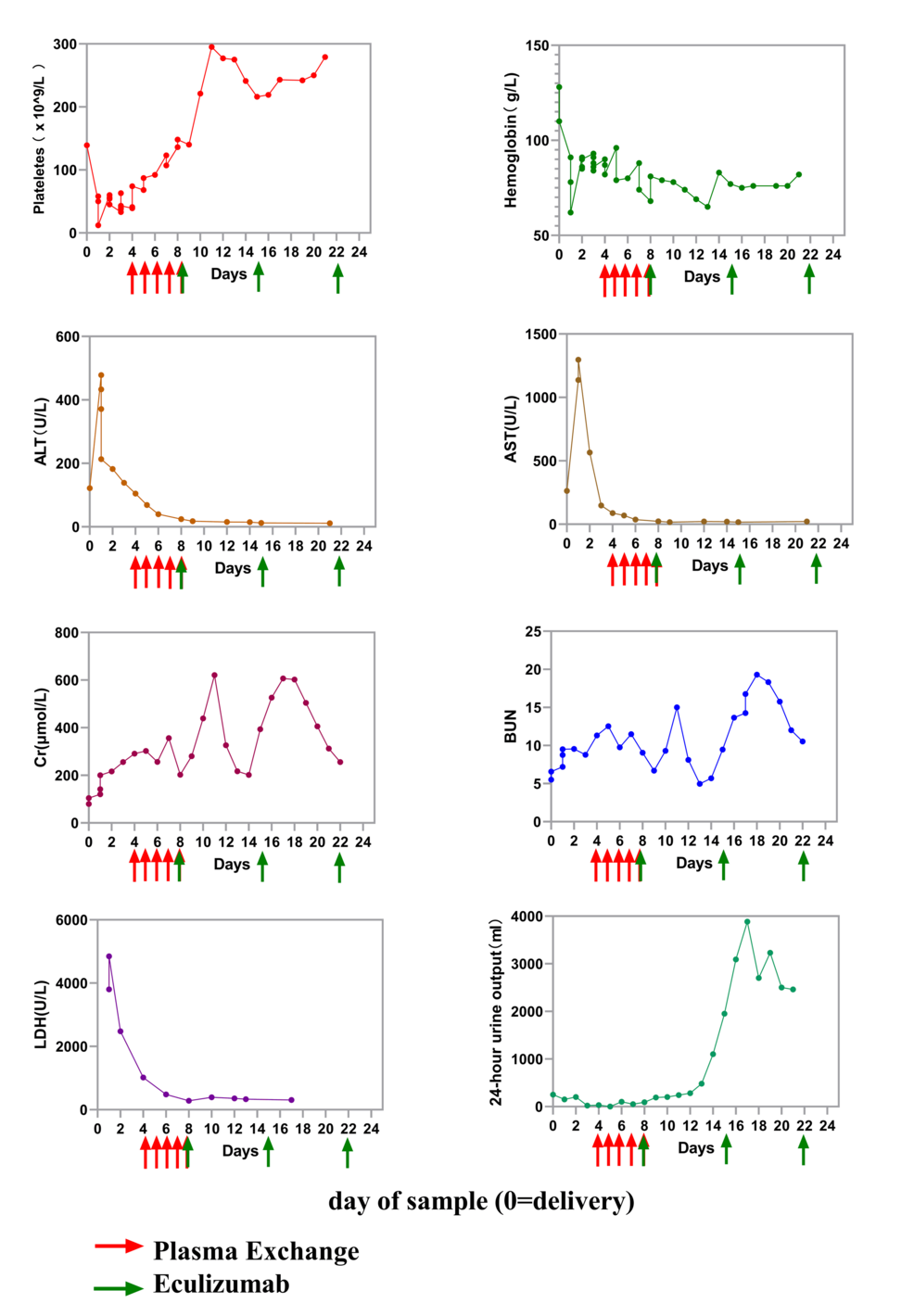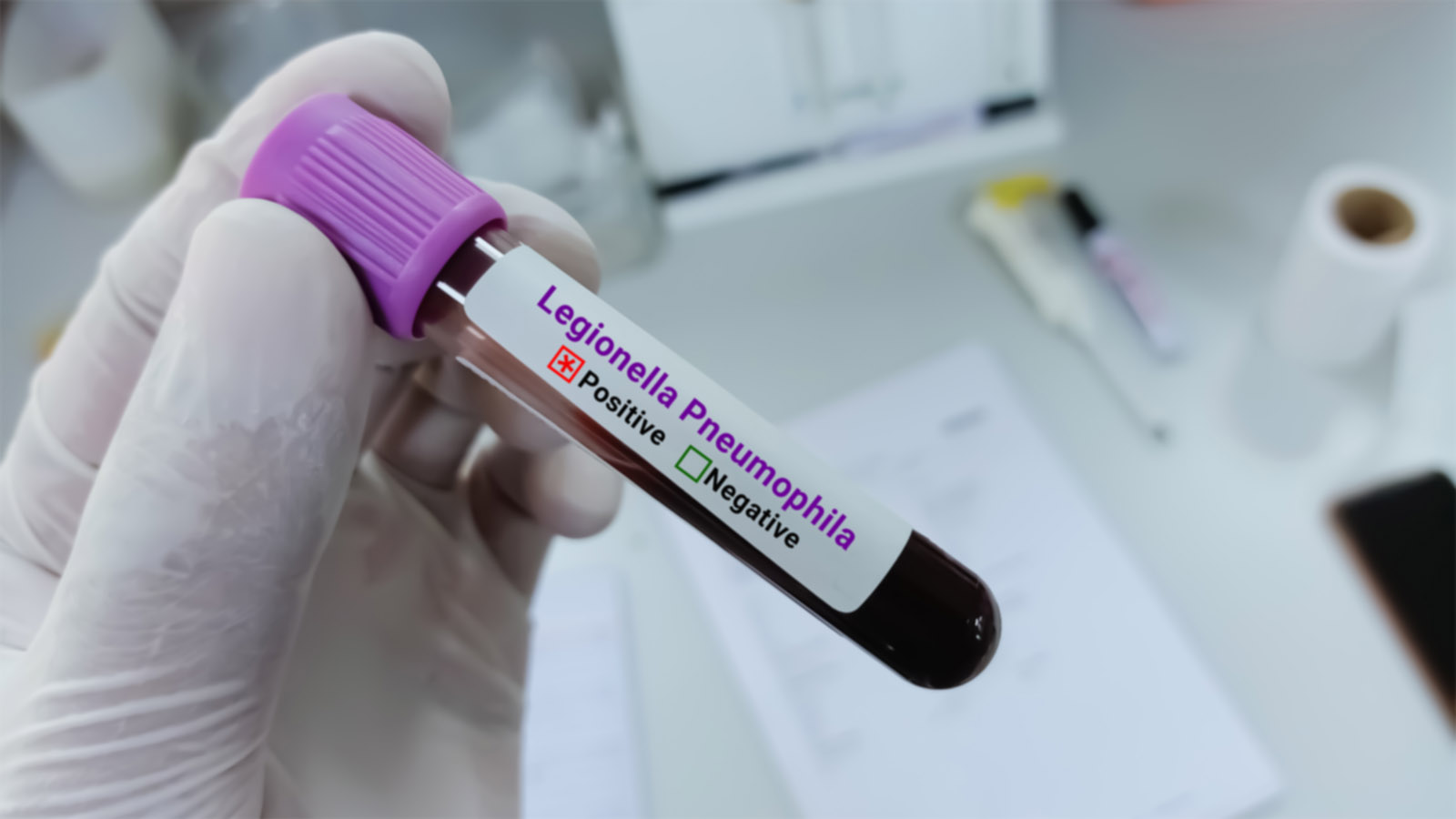Ozempic: A Surprising Side Effect of Weight Loss Drug Linked to Increased Penis Size?

In a surprising turn of events, discussions on a recent Reddit thread suggest that there may be an unexpected benefit of using the weight-loss drug Ozempic. While primarily prescribed for weight management and diabetes control, some male users have claimed that their experiences with the medication have led to a notable increase in penis size. One user shared, “I recently measured myself down there and noticed I gained about one inch,” sparking a lively conversation among other users about their own observations.
This intriguing phenomenon has garnered attention, particularly as ongoing research attempts to understand the potential correlation between semaglutide, the active ingredient in Ozempic, and changes in men's genitalia measurements. According to a report by diabetes.co, the average penis size has seen a significant rise over the past few years in the UK, growing nearly 10% from 5.17 inches to 5.63 inches between 2022 and 2024. This trend is not restricted to the UK; Venezuelan men have reported an astonishing increase from an average of 1.42 inches to 6.67 inches within the same timeframe.
Specialists in the field, such as Dr. Richard Viney, a consultant urological surgeon at the Queen Elizabeth Hospital in Birmingham, are exploring whether drugs like Ozempic and Wegovy, which are designed for diabetes and obesity treatment respectively, could be influencing these changes. Dr. Viney explained, “Men’s penises shorten as they get older due to increasing body fat and an enlarging prostate that draws the penis back into the body.” He suggested that as men lose weight through medications like Ozempic, their penises may appear larger due to their reduced body fat.
However, a 2023 study published in the World Journal of Men’s Health has shown that the average size of the male penis has increased by 24% over the past three decades. Such a substantial increase raises concerns among health experts, particularly because, until recently, the underlying causes remained unclear. While the recent buzz around weight-loss drugs may seem relevant, it is essential to consider that this growth in size has been ongoing for much longer than the Ozempic trend.
Dr. Michael Eisenberg, the author of the aforementioned study, expressed his concerns regarding rapid changes in human anatomy, stating, “Any overall change in development is concerning because our reproductive system is one of the most critical pieces of human biology. If we’re observing such a fast change, it indicates that something powerful is happening in our bodies.”
In this context, other potential factors affecting penis size could include exposure to chemicals found in pesticides, personal hygiene products, and other environmental influences that may disrupt the endocrine system, which regulates hormones crucial to development. As research progresses, it will be interesting to see if Ozempic or other lifestyle changes play a significant role in these notable shifts in male anatomy.




























